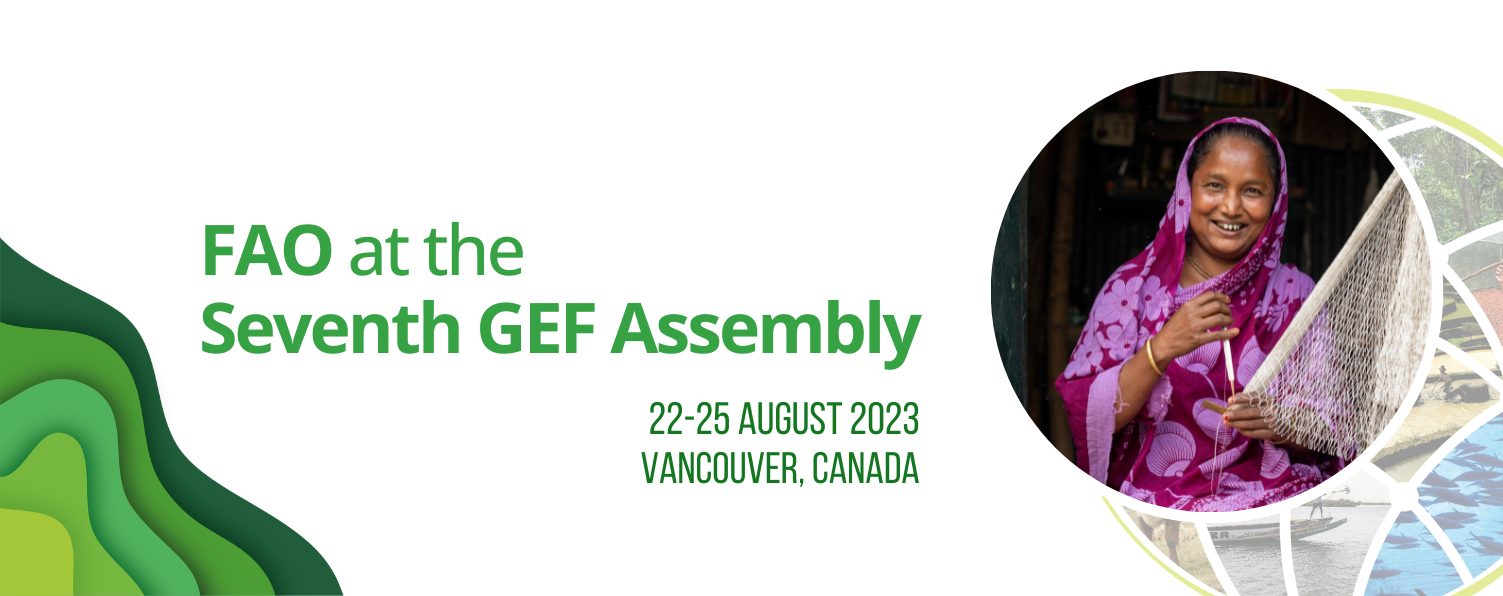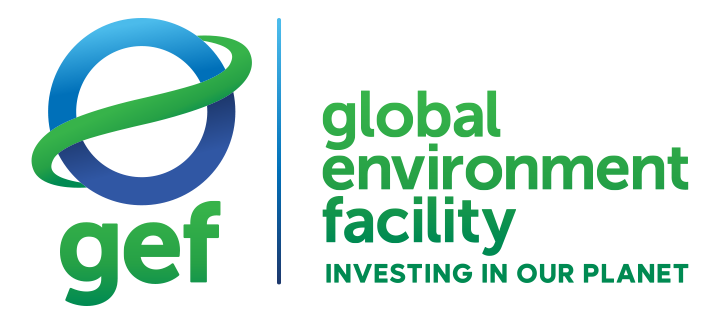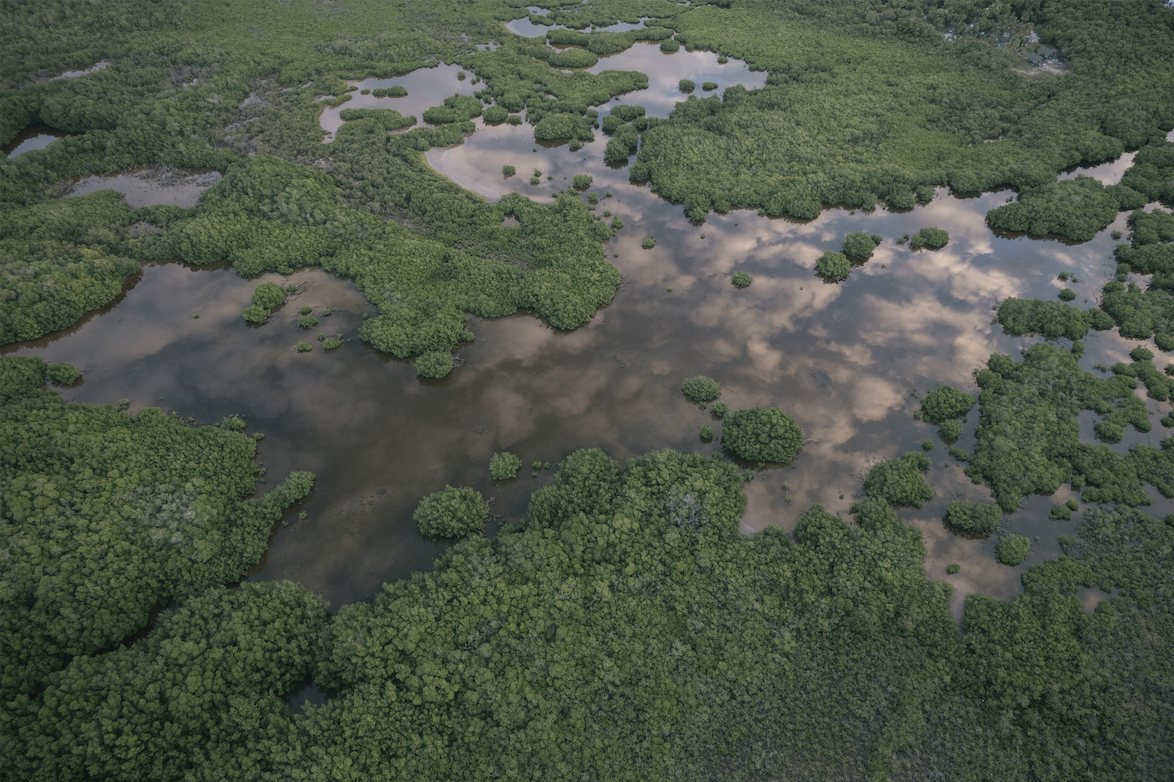
Food Systems Transformation Pathways
Agriculture and food systems nourish the world and employ around 40% of the population, yet the way we produce, distribute, and consume agrifood products accounts for up to 70% of biodiversity loss, 30% of global greenhouse gas emissions, and 70% of freshwater use. 1 in 11 people still face hunger around the world, and environmental and human impacts may be further aggravated with a growing population and shocks to food systems. How can we nourish 8 billion people with less biodiversity loss, climate change, ecosystem degradation, and pollution?
Following the 2021 Food Systems Summit called by the UN Secretary General, the Food Systems Summit Stocktaking Moment – UNFSS+2 – convened 180 countries to review progress and identify successes, enduring bottlenecks and priorities. The UNFSS+2 concluded that countries are demonstrating commitment to food systems transformation, but financing, technical capacity, and social inclusion remain key challenges in achieving national and global transformation. A focus on policies, financing, knowledge, and collaboration across sectors and countries would accelerate transformation of food systems into virtuous multipliers for the Sustainable Development Goals and Rio Conventions.
Over 100 countries have defined their food systems transformation pathways to address their priorities and contexts, and Food Systems Summit Coalitions for Action are supporting countries across 28 solution areas. This side event aims to highlight some of the diverse food systems transformation pathways that countries, civil society organizations, and UN organizations are taking to achieve a shared goal: a healthy planet, healthy people.
This side event will highlight diverse food systems transformation pathways that countries, civil society organizations, and UN organizations are taking to achieve a shared goal: a healthy planet, and healthy people. Solutions include regenerative agriculture, sustainable aquaculture, agrobiodiversity, innovation and agrivoltaics, and smallholder practices in landscapes ranging from mountains to small island developing states.
Speakers
- Juan Carlos Mendoza, Director, Environment, Climate, Gender and Social Inclusion, IFAD
- Peter Umunay, Senior Environment Specialist, GEF
Ying Li, Agriculture Director, the Nature Conservancy China
Ayshanie Medagangoda-Labé, UNDP Nepal Resident Representative
Hayden Romano, Managing Director, Environmental Management Authority, Trinidad and Tobago
Tiffany Waters, Global Aquaculture Manager, the Nature Conservancy
Elisabeth Nsimadala, President, East African Farmers Federation
Arturo Arreola, President, IDESMAC, Mexico
Ngonidzashe Chirinda, Climate Change Panel Member, GEF Scientific and Technical Advisory Panel
Moderated by: Jeffrey Griffin, GEF Unit Senior Coordinator, FAO and Michael Doane, Global Managing Director for Food & Freshwater System, The Nature Conservancy
Hosted by FAO, The Nature Conservancy, and UNDP
Date: 22 August, 2023
Time: 15:00–16:30
Location: Room 208
(Room changed from 211)






